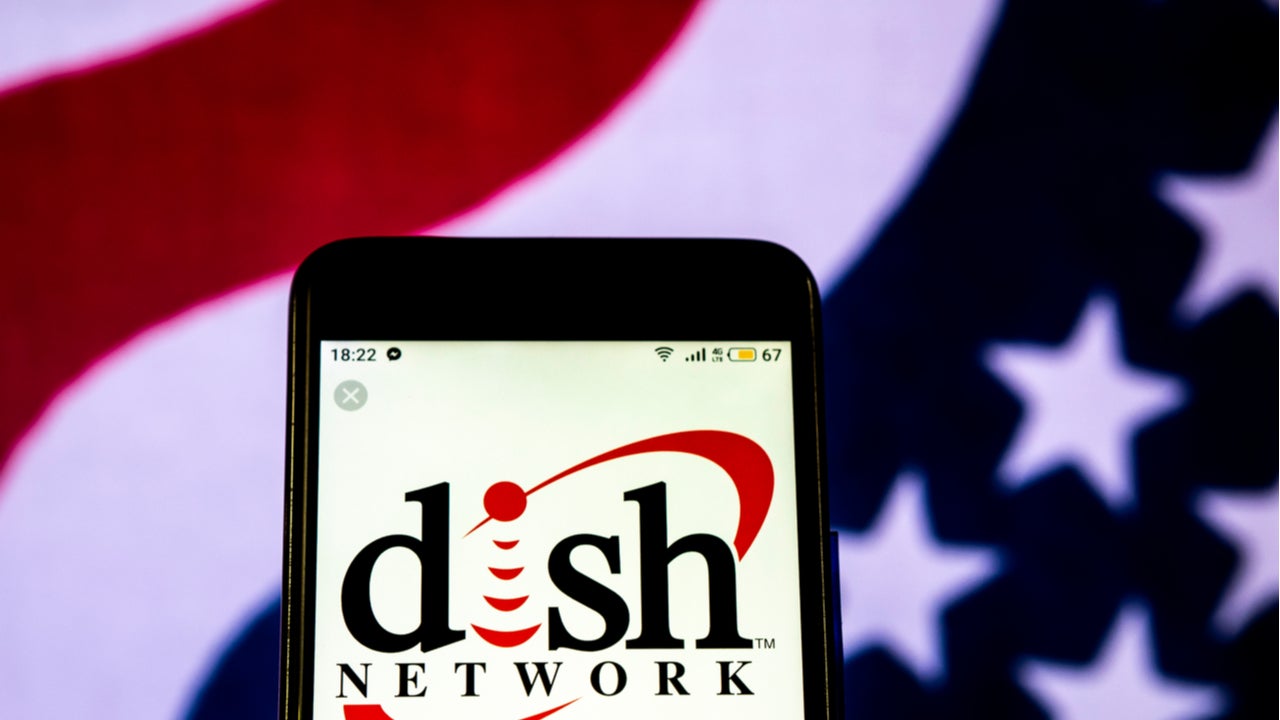At its Analyst Day 2022, held 10 May, DISH Network executives provided insights on the company’s ongoing transformation from satellite pay-TV provider into the fourth nationwide facilities-based wireless carrier in the US. The event featured buzzwords like disruptive pricing, Web 3.0, decentralization, blockchain and digital currency, but few details were released.
DISH earlier this month launched its pioneering cloud-native, O-RAN, standalone 5G network in Las Vegas under the moniker Project Genesis, selling a single compatible handset. The company is mandated by the FCC to cover 20% of the US population with 5G by 14 June, 2022, a goal it contends it will meet. DISH intends to monetize its new 5G network via retail sales, private networks for enterprises, and wholesale distribution to entities such as mobile virtual network operator (MVNOs).
Boost Infinite brand announced
DISH’s approach to the retail consumer market incudes a new consumer-targeted wireless service planned for this fall called Boost Infinite, which will expand DISH’s existing Boost Mobile brand from the prepaid sector to postpaid. Boost currently operates as a MVNO, reselling service delivered over the AT&T and T-Mobile US networks.
Stephen Stokols, EVP of Retail Wireless, forecast that DISH could attract 30 million-40 million retail subscribers, but no timeline for that target was shared. DISH has some 8.2 million MVNO subscribers currently, equal to about 2.6% US market share, so it would need to add ~3 million per year over a decade to close in on the upper end, which seems optimistic for a nascent brand battling entrenched mobile operators and a host of aggressive MVNOs. DISH’s track record in consumer retail wireless is less than enviable so far, as the company has lost subscribers every quarter, including its most recent loss of 343,000 subscribers in Q1 2022.
Digital currency, blockchain get shoutouts
Stokols highlighted plans to differentiate Boost by enabling customers to turn their “unused data into real digital currency,” and “leverage decentralized financing to get the latest iconic devices with more flexibility.” He did not provide specifics, but it’s notable that DISH is currently involved in blockchain-related efforts. The Project Genesis app for early network testers promises usage rewards that include exclusive non-fungible tokens (NFTs), and DISH announced in October 2021 that it will become the first major carrier to employ the Helium Network’s blockchain-based incentive model, with customers deploying their own 5G CBRS-based hotspots in exchange for $HNT, a Helium network-based token.
Additionally, the morning following DISH’s Analyst Day, Boost announced that its updated BoostOne app allows users to earn blockchain-backed “Boostcoins” by playing games like Spin & Win, watching videos, and engaging with thousands of partners to complete offers to earn coins that can be redeemed for discounted and free wireless service. In the future, Boostcoins may be used for additional goods and services like free phones or other third-party products, and exchanged with other users.

US Tariffs are shifting - will you react or anticipate?
Don’t let policy changes catch you off guard. Stay proactive with real-time data and expert analysis.
By GlobalDataInnovative moves may be risky for DISH
It’s unclear how well such digital initiatives will resonate with the mass market. Furthermore, DISH’s groundbreaking efforts involving NFTs and digital currency run the risk of exposing the carrier to additional financial oversight, especially given recent disruptions in the crypto market. It should move cautiously in these areas to ensure it complies with any forthcoming regulations.
DISH will also need to be wary of getting too creative around wireless pricing because previous efforts at offering rebates or credits to customers for unused data have been abandoned by the likes of MVNOs such as Google Fi and Republic Wireless. Though some customers appreciated such approaches, they proved too complicated for the mass market.








